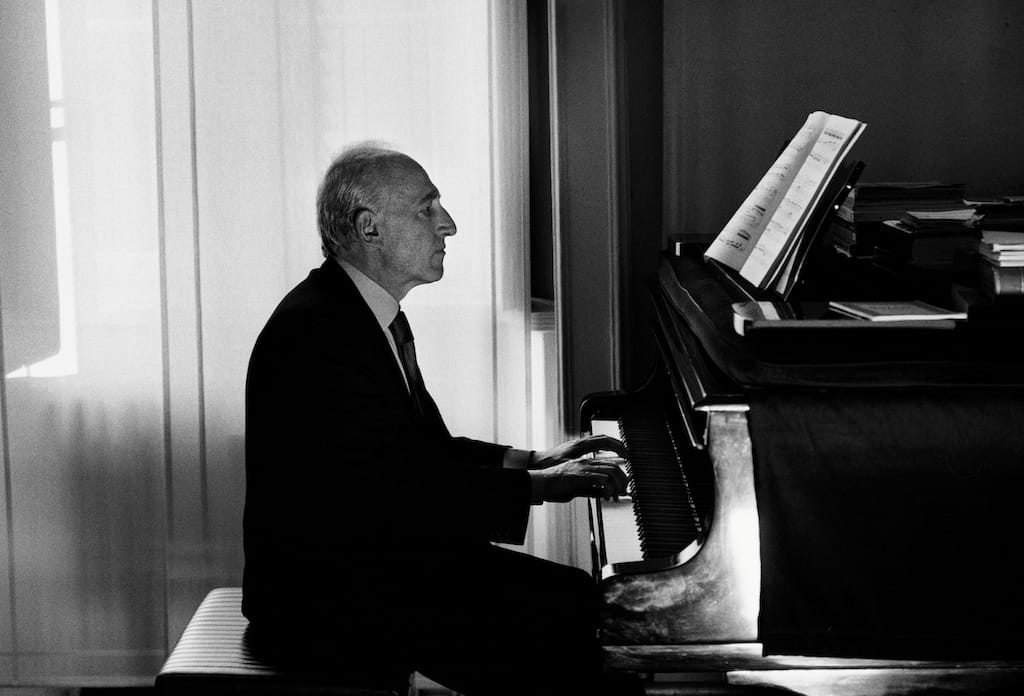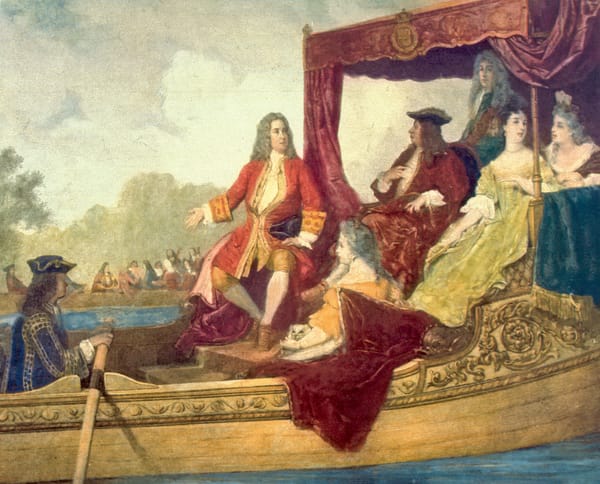Remembering Maurizio Pollini: A Tribute to a Legendary Pianist

Maurizio Pollini, a name synonymous with brilliance and innovation in the realm of classical music, left an indelible mark on the world stage with his unparalleled talent and unwavering dedication to his craft. On March 23, 2024, the music world mourned the loss of this legendary Italian pianist, whose playing combined intellectual rigour with technical mastery.
Early Life and Musical Journey
Born on January 5, 1942, in Milan, Italy, Maurizio Pollini’s journey into the world of music began at a tender age, nurtured by a family deeply passionate about the arts. His mother, Renata Melotti, was a talented singer, while his father, Gino Pollini, was a renowned architect with a keen appreciation for music. Surrounded by a rich fabric of cultural influences, young Maurizio showed an innate aptitude for the piano from an early age.
Formally introduced to the piano by his mother, Pollini’s prodigious talent quickly became evident. He began his formal musical education at the Milan Conservatory, studying under the guidance of Carlo Lonati and Carlo Vidusso. Under their mentorship, Pollini honed his skills, mastering the technical intricacies of the piano while delving deep into the nuances of musical interpretation.
Pollini’s ascent to prominence was swift. At the age of eighteen, he claimed victory at the prestigious International Chopin Piano Competition in Warsaw, Poland, in 1960, catapulting him into the international spotlight. This triumph marked the beginning of a remarkable career that would span over six decades.
Artistic Style and Interpretation
One of Pollini’s defining traits was his ability to seamlessly blend technical virtuosity with profound musical expression. His performances were marked by an exquisite balance of power and delicacy, with every note meticulously crafted to convey a rich tapestry of emotions. Whether navigating the thundering passages of Beethoven’s sonatas or the lyrical complexities of Chopin’s nocturnes, Pollini brought a singular clarity and insight to each interpretation.
Central to Pollini’s interpretative approach was his unwavering commitment to fidelity to the score. A staunch advocate of musical authenticity, he eschewed extravagant flourishes and indulgent embellishments in favour of a transparent rendering of the composer’s intentions. His performances were characterized by a crystalline clarity, allowing the inherent beauty and complexity of the music to shine through with breathtaking clarity.
Impact on the Classical Music World
Maurizio Pollini’s impact on the classical music world is immeasurable, spanning continents and generations with his unparalleled artistry and profound musical insight. Throughout his illustrious career, Pollini not only dazzled audiences with his virtuosic performances but also reshaped the landscape of classical music through his unwavering commitment to excellence and innovation.
One of Pollini’s most significant contributions to the classical music world lies in his vast repertoire and interpretative breadth. From the towering masterworks of Beethoven and Brahms to the avant-garde compositions of Boulez and Stockhausen, Pollini fearlessly traversed a diverse musical terrain, breathing new life into each piece with his singular vision and consummate skill. His recordings of the complete piano sonatas of Beethoven and the works of Chopin, among others, stand as definitive interpretations that continue to inspire aspiring pianists and music enthusiasts worldwide.
Performances and Collaborations
Maurizio Pollini’s performances were renowned for their electrifying energy, profound musical insight, and technical brilliance. Throughout his illustrious career, he graced the stages of some of the world’s most prestigious concert halls, captivating audiences with his transcendent interpretations and flawless execution.
One of the hallmarks of Pollini’s career was his frequent collaborations with esteemed orchestras, conductors, and fellow musicians. His performances with orchestras such as the Berlin Philharmonic, the Vienna Philharmonic, and the New York Philharmonic were celebrated for their dynamic interplay and seamless integration of soloist and ensemble. Under the baton of legendary conductors like Claudio Abbado, Herbert von Karajan, and Pierre Boulez, Pollini brought a depth of musical understanding and interpretative nuance to each performance, forging unforgettable musical partnerships that captivated audiences around the globe.
In addition to his solo performances and orchestral collaborations, Pollini was also a dedicated chamber musician, frequently partnering with esteemed colleagues to explore the intricacies of chamber music repertoire. His collaborations with violinist Gidon Kremer, cellist Heinrich Schiff, and pianist Martha Argerich, among others, yielded unforgettable performances that showcased the depth of his musical sensitivity and collaborative spirit.
Conclusion
In commemorating the life and artistry of Maurizio Pollini, we pay homage to a towering figure whose influence transcends the confines of time and space. As we reflect on his remarkable career and enduring legacy, we are reminded of the profound impact that one individual can have on the world of classical music.
Maurizio Pollini’s virtuosity, intellectual rigor, and unwavering dedication to excellence have left an indelible mark on the world stage, shaping the course of classical music for generations to come. From his mesmerizing performances on the concert stage to his groundbreaking recordings and collaborations, Pollini’s artistry continues to inspire and captivate audiences around the globe.





